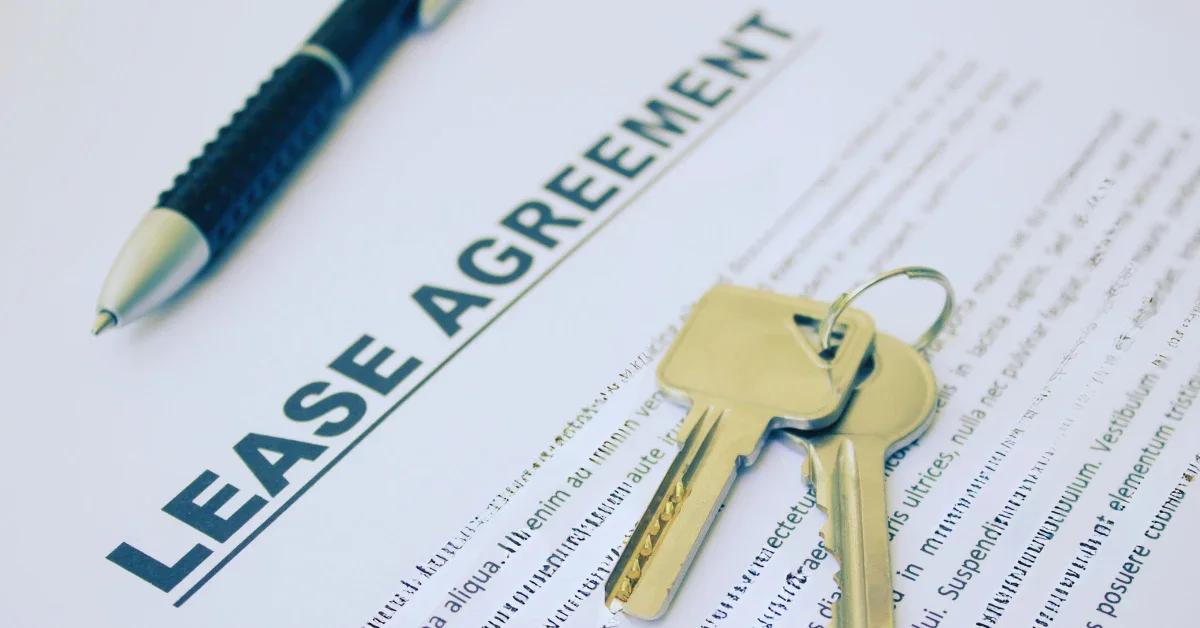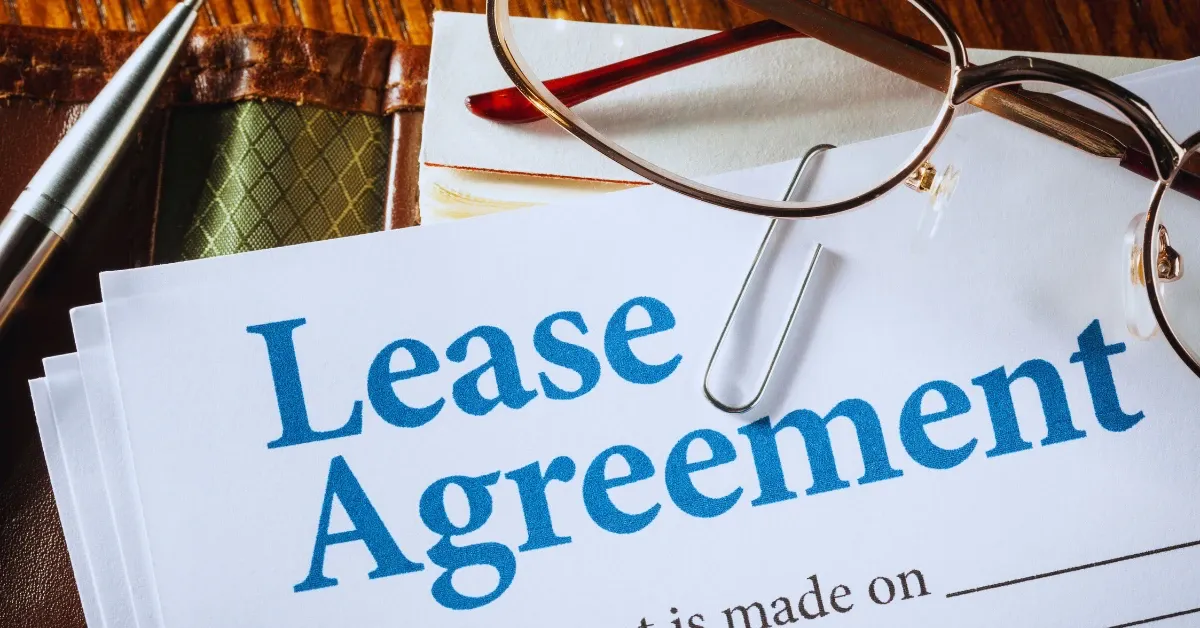What to Do If Tenant Refuses to Sign Lease? Rental Awareness
If a tenant refuses to sign a lease, the landlord should communicate the importance of the lease and the consequences of not signing it. Landlords can also consider offering incentives for signing the lease.
However, if the tenant remains uncooperative, the landlord may need to consider legal action or finding a new tenant. When a tenant refuses to sign a lease, it can create a difficult situation for the landlord, leaving them vulnerable to disputes and financial risks.
In this article, we’ll delve deeper into what landlords should do if a tenant refuses to sign a lease, including various legal and non-legal options they can take.

Understanding Tenant Lease Agreement Refusals
As a landlord, few scenarios are more frustrating than a tenant refusing to sign a lease agreement. This can jeopardize your investment and lead to legal disputes.

But it’s crucial to understand why tenants sometimes refuse to sign lease agreements.
Signs That A Tenant May Refuse To Sign A Lease Agreement
Below are some tell-tale signs that suggest a tenant might refuse to sign a lease agreement:
- The tenant keeps delaying or avoiding the signing process.
- They raise several concerns and are unresponsive to simple solutions.
- The tenant is hesitant or unenthusiastic about extending the lease.
Reasons Why A Tenant Refuses To Sign A Lease Agreement
If you notice any such signs, it’s vital to understand why a tenant may refuse to sign a lease agreement. Here are some common reasons:
Financial challenges
The tenant may have economic hardship and cannot afford the rent or the required deposits.
The lease terms
The tenant may object to specific lease clauses, such as restrictions on subletting or pets.
Trust issues
The tenant may have doubts about the landlord’s intentions or past property practices.
Uncertainty
The tenant may be unaware of the lease agreement’s contents and the obligations it entails; therefore, they may be reluctant to sign.
Legal Consequences Of A Tenant Lease Agreement Refusal
It is important to recognize that a lease agreement is a legal document. Failure to sign it could lead to serious consequences.

- Lack of legal protection: Without a signed lease, the tenant may not be protected under landlord-tenant laws.
- Payment disputes: Without proper documentation, rent and deposit payment terms are unclear, leading to payment disputes.
- Vacating the property: A tenant who refuses to sign a lease may be asked to vacate the premises.
- Legal consequences: It is essential to handle this matter legally to avoid any legal complications or financial damages.
Steps To Take When Tenant Refuses To Sign A Lease Agreement
Being a landlord means having a good understanding of the laws governing tenant lease agreements.
Here are some key points to take note of when a tenant refuses to sign a lease agreement:
- A lease agreement is not legally binding until both parties sign it.
- You have the right to refuse to rent your property to someone who doesn’t sign the lease agreement.
- Ensure that all lease agreements are in line with fair housing laws and local and state regulations.
Effective Communication Strategies With Tenants Refusing To Sign A Lease Agreement
Communication is key when it comes to resolving disputes with tenants.
Here are some tips on how to effectively communicate with a tenant who refuses to sign a lease agreement:
- Schedule a meeting or call to discuss their reasons for refusing to sign the lease agreement.
- Listen attentively and respectfully to their concerns.
- Explain the importance of having a signed lease agreement and how it protects both parties.
- Offer a compromise or alternative solution.
Legal Consequences For Landlords In Case A Tenant Refuses To Sign A Lease Agreement
As a landlord, you have legal rights if a tenant refuses to sign a lease agreement. Here are some options to consider:
- Draft a notice to quit, informing the tenant that they need to vacate the premises by a certain date.
- Evict the tenant through a legal process.
- Seek legal advice before taking any legal action.
Frequently Asked Questions On What To Do If Tenant Refuses To Sign Lease
What Should I Do If Tenant Refuses To Sign Lease?
Usually, try to understand why they’re rejecting the lease agreement and resolve the issue. If it’s not possible, start the eviction process.
Is It Legal To Rent Without A Lease Agreement?
Yes, but it’s not recommended as it may lead to misunderstandings, conflicts, and legal disputes. A lease agreement protects both parties’ interests.
Can I Force A Tenant To Sign A Lease?
No, forcing a tenant to sign a lease is not legal. However, you can explain the benefits of a lease agreement and try to convince them to sign it voluntarily.
How Can I Prevent Tenants From Refusing To Sign A Lease?
Communicate the terms of the lease agreement clearly before they sign it. Address their concerns and be flexible if possible. Consider hiring a property manager to handle tenant matters.
Conclusion
When your tenant hesitates to sign the lease, remember, communication is key. Discuss concerns openly, offer clarity on terms, and remember, a professional mediator can help.
But if all else fails, it may be time to seek legal counsel or even a new tenant. It’s your property, you hold the power.
Reference
https://guides.sll.texas.gov/landlord-tenant-law/leases